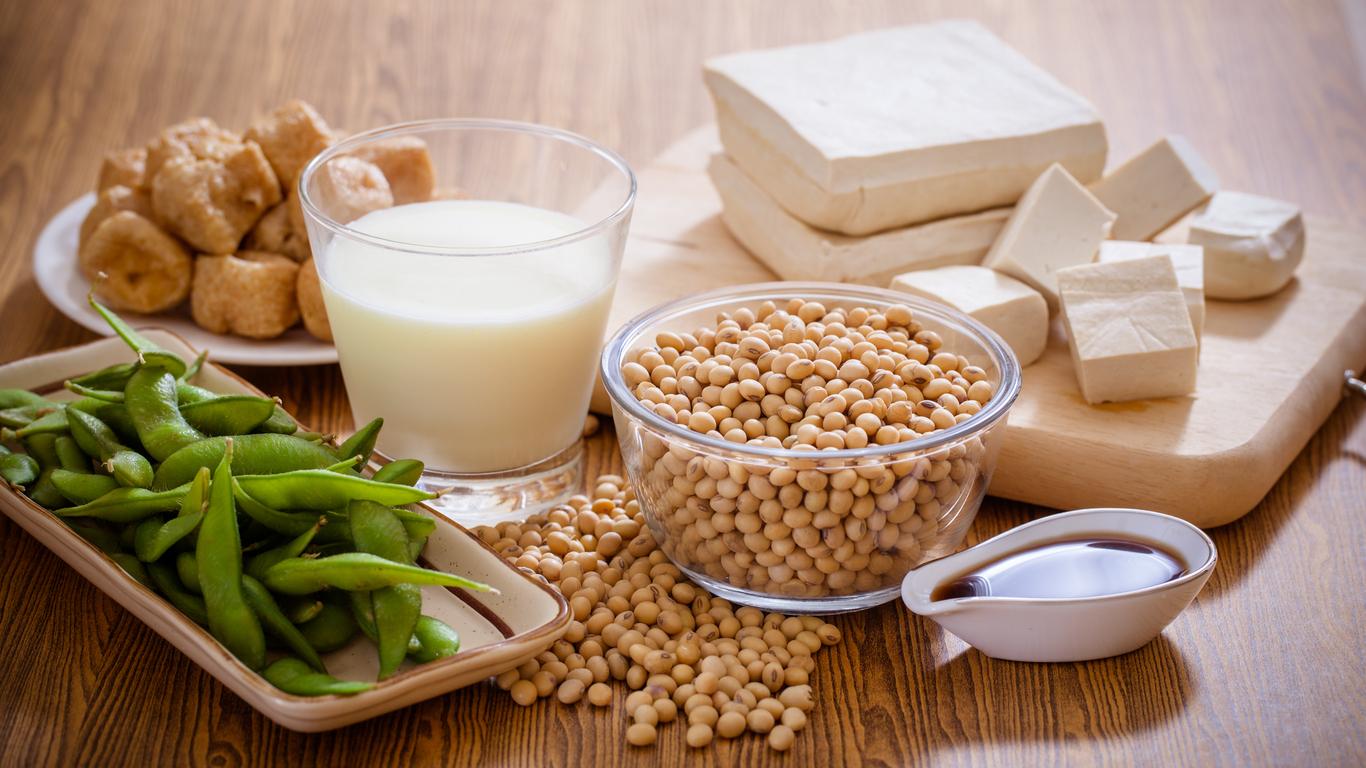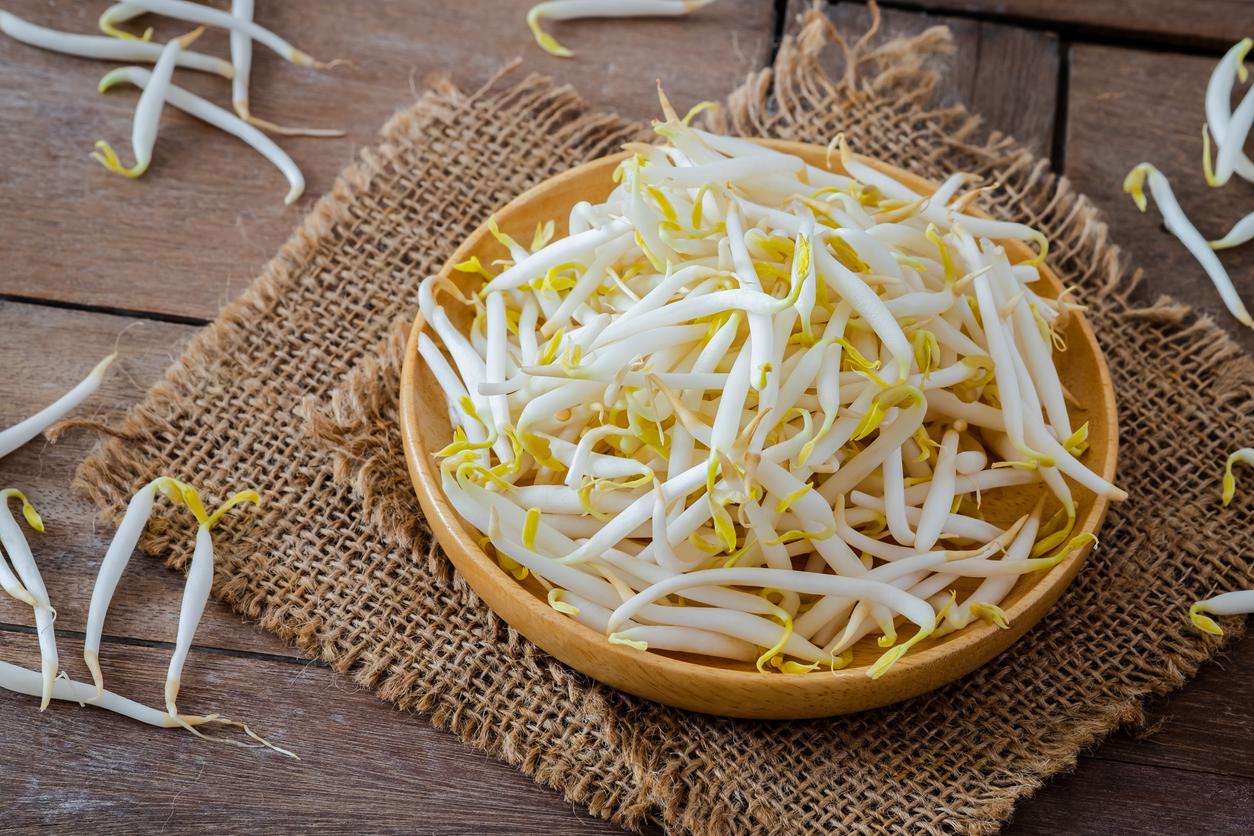March 25, 2005 – Based on recent trial results1, it could be that the lipid-lowering action of red clover isoflavones (Trifolium pratense) is more marked in men than in women.
In a placebo-controlled clinical trial involving 46 men and 36 postmenopausal women (all averaged 58 years old), Australian researchers measured the effects of two red clover extracts on blood lipid levels. The first extract mainly contained biochanin, precursor of isoflavone genistein, while the second was standardized so that formononetin, precursor of isoflavone daidzein, dominated.
The results indicate that only the extract rich in biochanin caused a significant decrease in blood levels of beta-lipoproteins (LDL or “bad cholesterol”) and that this lipid-lowering action was only evident in men.
According to the researchers, the differences observed in the action of the two main isoflavones of red clover (biochanin and formononetin) and in their effects according to sex could explain that previous studies in this area have given variable results. In the majority of tests, extracts containing mixed isoflavones were used. In addition, the subjects were generally women. Although the lipid-lowering action of soy isoflavones has been demonstrated, that of red clover isoflavones remains uncertain and trials to date have given conflicting results.
It is thought that biochanin could act on physiological receptors for beta-lipoproteins, which would explain its lipid-lowering effects. We still do not know the mechanism by which this isoflavone would exert such an action as well as the reasons why its effects would be more marked in men than in women.
However, these results are only indicative and need to be verified in other clinical trials involving a larger number of subjects.
Pierre Lefrançois – PasseportSanté.net
1. Nestel P, Cehun M, Chronopoulos A, DaSilva L, Teede H, McGrath B. A biochanin-enriched isoflavone from red clover lowers LDL cholesterol in men.Eur J Clin Nutr. 2004 Mar; 58 (3): 403-8.















